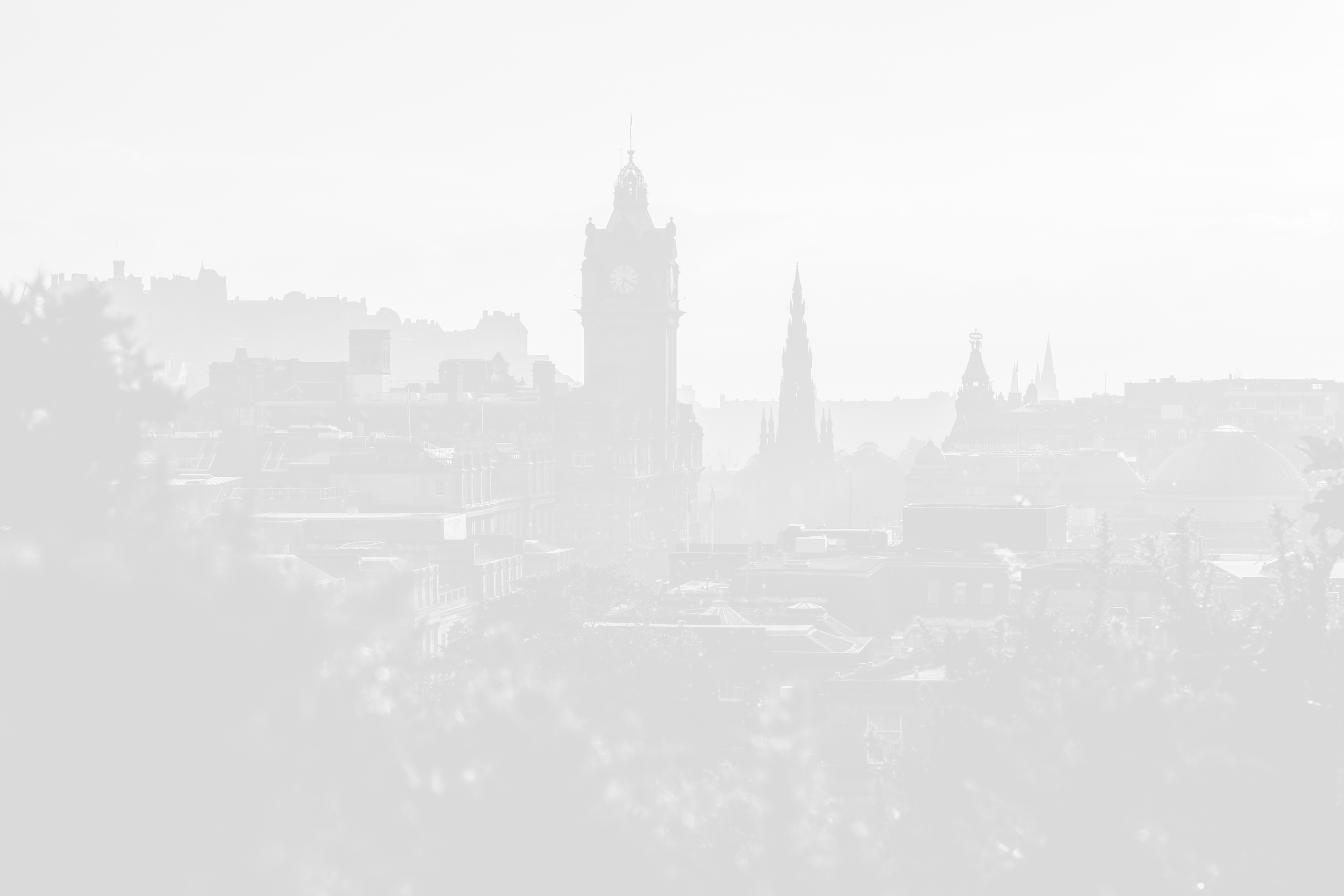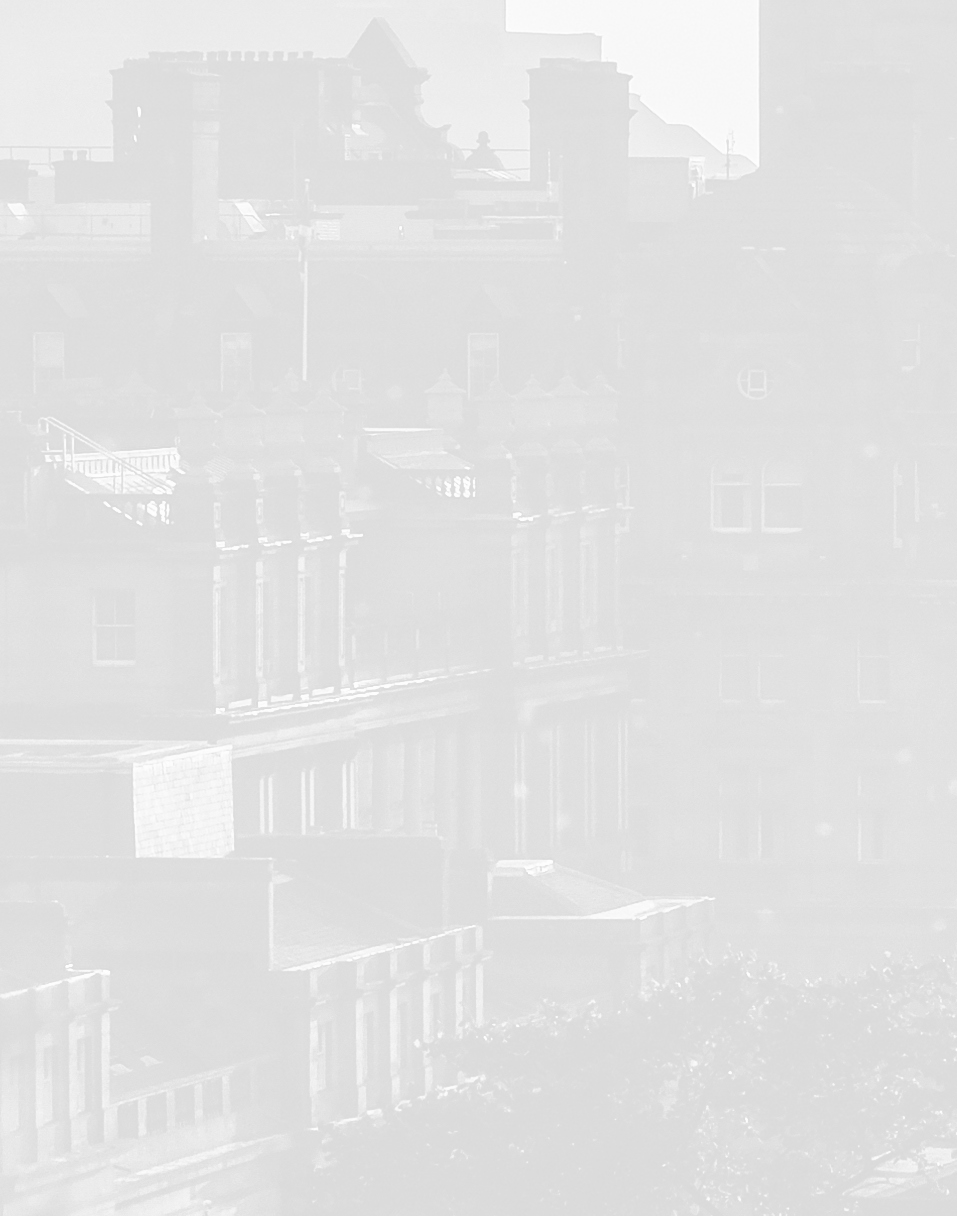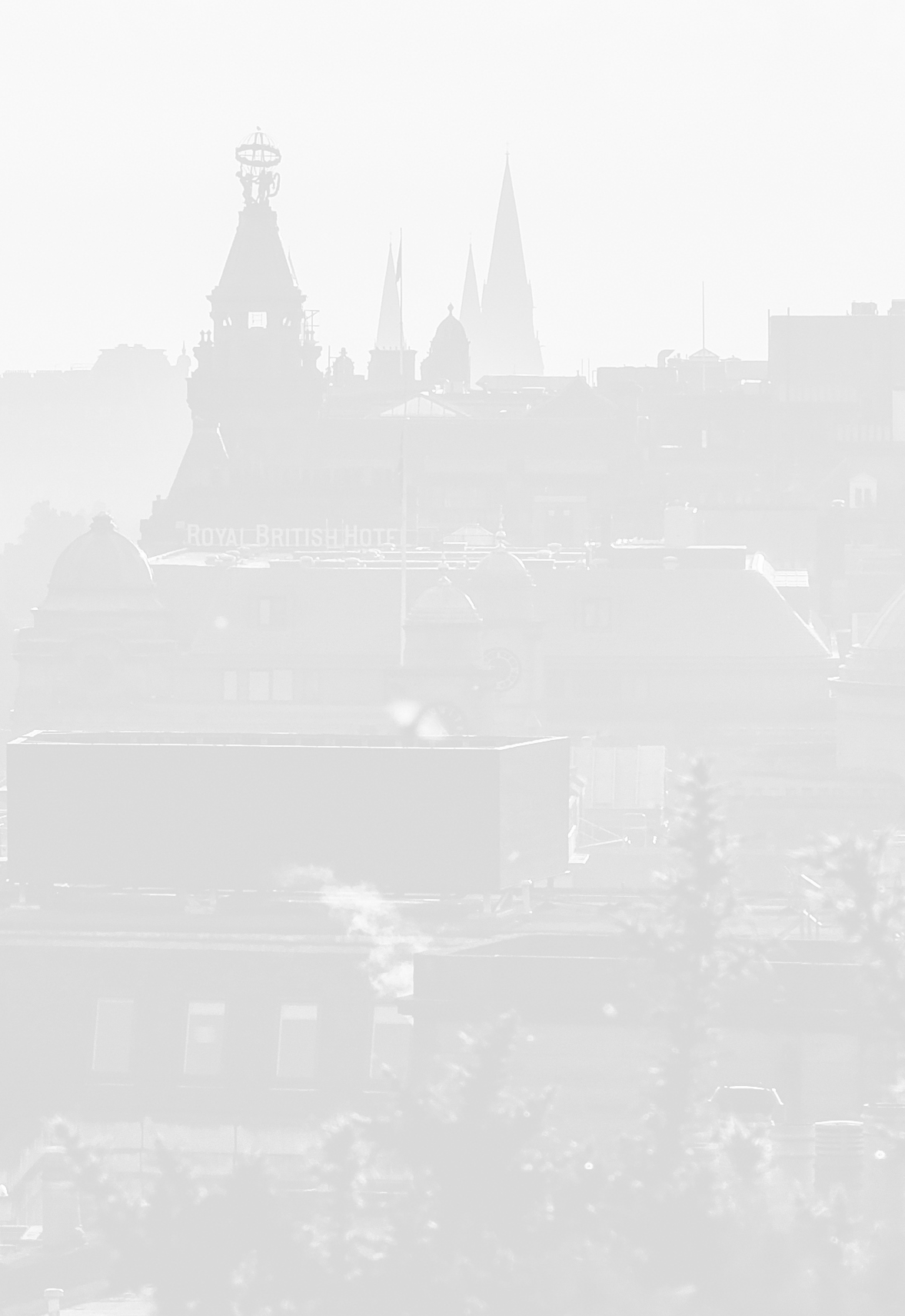
A Scottish Podcast
“A Scottish Podcast is a serialised modern audio drama. It chronicles the story of Lee, a washed up former radio DJ who launches a paranormal investigation podcast. Aided by his jaded musician pal Dougie, the pair travel the length and breadth of the country in search of Medieval Demon Kings and Lovecraftian Gods of the Sea. The show contains strong language, adult situations, and isn’t for the easily offended.”
Across this site, you’ll be introduced to many styles of audio serials - in which creators independently produce the stories they want to hear. But none of the others are as singularly free-wheeling as A Scottish Podcast.
Beginning (see above) as a paranormal investigation, every season since has seen the story zig-zag across genres, incorporate poetry competitions and, essentially, go wherever it wants with little warning and no apology. And so, if you’re looking for narrative freedom - well, ASP doesn’t so much provide a template as it does cheerily mangle the idea of one in realtime.
Matthew McLean (L)
Meet the Creator
With one exception. Because, the one constant in any story-telling is the storyteller themself. And, as much as the show’s writer, director and producer, Matthew McLean, blazes a wayward path - the tone of his telling infuses everything. It’s his world. We’re just lost in it.
I talked to him about falling in love with the form, while finding subject matter much closer to home.

The Spark
Matthew: “I was working outside - cutting grass - in the early days of podcasts. Most people hadn't really heard of them.
Because I'm outside, I'd got an old MP3 player - and a friend recommended this 'zombie podcast', he called it. It turned out to be We're Alive, one of most famous shows out there to this day - and I was blown away that I could essentially watch a Hollywood blockbuster, in quotation marks - whilst being out at work, getting paid!
I just thought - what a fantastic opportunity for audio…
At that period, I was leaving the house at four in the morning and working in the rain all day. And all I did was complain. My wife was like, you've got to do something else, because I think she was at the end of her tether, let alone me…
So, she kind of worked me around to - OK, the local college, you could do a radio course. So I went and did that. Then I had access to audio editing software…”
“...I got cold feet about it.”
Matthew: “Robert was in my class - he plays Lee in the podcast - and one of our modules, as it happened, was what they called radio drama… A short one-off story.
I just wanted to do something contemporary, with a bit of dark humour in it, but that's where the two characters first came about - Lee and Dougie.
A few years later, we were involved in plans to make this really ambitious audio drama - it was going to be a fantasy series. There was going to be actors all around the world - this land over here, this land over here - it's all going to tie in over the course of years …and I got cold feet about it.
I just went away and I was thinking: you know what I really liked? I really liked doing that wee story. I'm just going to write some very short scripts with these characters again and just have a laugh. Like, I had no plans for it.
That was the first A Scottish Podcast episode.”
At first they were 10 minutes each, right?
Matthew: “Yeah, like, I wrote Episode One in a day - we recorded it in an afternoon - and I had it out the next day. And, fair enough - it's not as epic, it's not as grand - but I've created something that's out there, and it was really satisfying.”
“...recorded it in an afternoon - had it out the next day.”

Into Production
If you listen to Season One of the show, you’ll see that Matthew is more than capable of steering a narrative from premise to conclusion - however eccentric the path between. So the show gained followers, invested in what Lee & Dougie would do next.
What they couldn’t have expected was that they’d spend much of Season Two essentially inside Dougie’s head - in a way I won’t spoiler here. It’s enough to say, it was both an incredibly brave leap and absolutely the ‘wrong’ thing to do, in terms of mainstream series-writing advice.
A radically different story, story world and even story genre periodically eclipse the plot that had been driving the season up to then. Imagine getting on a ghost train - and halfway it turns into a rollercoaster…and then dodgems.
Naturally, this required adjustment - and not everyone was willing or able…
The thing is, this shift from linear, genre-bound storytelling to multi-genre and multi-plot wasn’t the result of improvisation - as some might assume - but:
Matthew: “I think maybe why Season One goes down better with people is because I wrote it on the fly, and it was almost like - when I got to the next episode I had to really make sure it made sense and was clear - even for my own benefit…
Whereas Season Two, creating it in one script - I knew a lot about it and, therefore, I probably lost a few people jumping here and there - I could see why people got lost.”
“I'd have lost interest if I kept trying to do the same thing.”
When you said the feedback for the second season wasn't as good…
Matthew: “I think it was a mixture of people getting a bit lost, and people who just wanted it to do what it was doing in the first season. Which is fair enough. But I'd have lost interest if I just kept trying to do the same thing.”
Usually when something starts off in one genre, it might kind of wobble about in the genre, and it might shift progressively darker, for example, or progressively sillier. But it doesn't often literally change.
What was your response when this feedback started to come in? Because, presumably, you were pleased with Season Two when you made it?
Matthew: “I was really happy with it. But I don't know that I was overly surprised. I think sometimes, as a podcaster, you're surprised to get any feedback at all - because it's not the easiest medium to get feedback.
But you see things like reviews, over time, and a few of those were saying that they felt that it hadn't lived up to the first season - and that's fine. If people got an enjoyable first season - or even first episode, whatever - or if people hated it …I'm not really that bothered.
Like, it's a hundred percent just a creative outlet - I know loads of people say that, but A Scottish Podcast really is – like, it's not monetised, it's not a business, it's just fun.”
And, it has to be said - he says this with more amusement than anything else. And has absolutely continued to make elegant 360-degree narrative turns at will.
You can only salute someone using a popular - and sometimes populist - medium so personally. And whether it's in a spaceship or in an ancient vault under Edinburgh…
Matthew: “I mean, the settings are almost incidental at times because the characters behave pretty much the same no matter whether they're in a fantasy realm or a pub. Like they're just, they're not phased by it at all, they're just doing their thing…
And changing up the settings is good, because I'm a sound designer, of sorts, so it's a good opportunity to mix things up. Like - what does another world sound like? Compared to…what does the pub sound like..? So, there was a bit of that, too - writing a certain setting because I thought it would be cool to do a soundscape around it.”
“…the characters behave the same whether they're in a fantasy realm or a pub.”

The Flame
Looking back across the shows run so far, what was your high point?
Matthew: “I really enjoyed doing the Lovecraft poetry episode - which is funny, because it's built on stuff that wasn't my work. We got a - again, the response is just a bonus - but it got a really good response, that one.
Finishing the second season...to be honest, that was a big high point because it was something that I really worked at every single week. So that's probably the biggest thing - completing that.
I think longevity is quite important too. Like, the people that are involved in the show... They know that I'm not working very fast ...but I get things done.
Almost every voice actor has experienced a situation where they've invested time trying to help a new creator produce something - they've recorded lines for them and that show has just never seen the light of day, because the creator got bored or whatever.
Over the years I've produced a lot. Like, there's probably about nine hours of content - a decent sized audiobook, which has been put together now. So I think you should look at your output over years rather than just how busy you are from week to week, month to month.”
“...look at your output over years rather than week to week, month to month.”
Looking forward to the next season, how do you see that unfolding? Have you planned ahead this time..?
Matthew: “No. For my own sanity, I’m trying not to have a recurring story - so I don't have to remember what I'm doing. I'm doing what I've coined - in my head, anyway - as the Beavis and Butt-Head approach. A bit of shit talk and then a story and then a bit of shit talk.
It's an enjoyable enough format for me. You know, start, finish, complete and move on. But very slow…
Coastal erosion is the reference I often give for the speed of the output.”
Listen to A Scottish Podcast.
Or, for yet more hard-won wisdom from Matthew, click on his name to visit his profile page. And check out his contributions to the ever-expanding practical podcasting database, elsewhere onsite.
For the other side of the story - that of contributors to the show - follow the names below to interviews with actors and more.
Robert Cudmore (Actor - Lee Power)
Fiona Thraille (Actor - Jane)
Sarah Golding (Actor - Drunk Helen)
Karim Kronfli (Actor - Bruce)
Katie McNulty (Actor - Alice)
Landscape Pictures
Adam Wilson
Christian Battaglia
